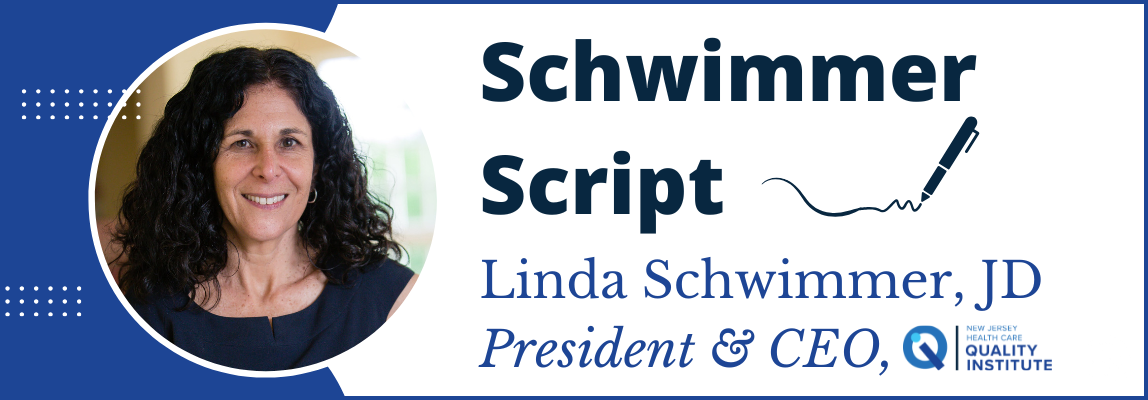Recently I was asked to speak to a gathering of nonprofit leaders and address, Sustainability Planning in the Current Climate. The thoughts I shared have applicability, beyond the nonprofit world, to those working in health care or related fields during this time of tremendous upheaval and uncertainty.
For the last decade, much thought, training, and investment has gone into considering how health care is delivered and how that care impacts people of differing socio-economic and demographic backgrounds. Health systems and government agencies have collected and stratified data to identify where some groups of patients have better outcomes than others and have been working on solutions to address these disparities. In addition, the health care sector has come a long way in acknowledging and understanding its role in identifying patients’ social needs such as safe housing, nutritious foods, and how these factors affect health outcomes. As a country, however, we remain in the early stages of implementing health care quality improvements that reduce, not increase, outcome disparities.
But today, these important efforts are under attack. Many who want to continue the work cannot afford to do so with federal funding threatened. It’s against this backdrop that I share my thoughts on how nonprofit organizations, and other entities working in health care, can inspire and support each other in this time of uncertainty. While there is no substitute for the freedom and funding to pursue your mission, some strategies may help you move through these rough waters:
- Stay authentic to your underlying mission by continuing the essential work on behalf of those you serve. The organizations that have the latitude or resources to be bolder today should do what they can to continue forward and help those that are not in their position.
- Find a diversity of funders. I have seen many organizations receive a large grant that makes up the majority of their budget. When that funder went away, those organizations faced economic peril and sometimes failed. It is important to maintain a balanced portfolio with diverse funding so your organization is not reliant on a singular funding source.
- Make sure you have the right people at your board table to guide you — especially in tough times. At the Quality Institute, we strive to make sure that our board is diverse in every way. To do this, we created a matrix based on many factors and intentionally recruited board members who included professional backgrounds, experiences, connections, and demographics that represent all New Jerseyans. We made sure to have subject matter experts on the issues that support our mission, vision and work. Look at your board – does it reflect and represent those you need at the table to guide and support your mission?
- Create Partnerships. Most organizations benefit from working with partners who bring unique expertise that they do not have. Contracting with a trusted organization who works in and is part of the community is a great way for larger organizations to be a good partner and for smaller organizations to grow. These partnerships often lead to more opportunities. We partner with many of our members on grants and projects, which gives us greater reach and insight.
- Invest in Your Organization and Your Team Members. A few years ago, we had a budget surplus and one of my board members gave me very good advice: we should invest in ourselves. We’ve used our own funds, when the timing was right for us, for things like strategic planning, new branding and website updates, and other organizational changes. And we invest in our employees, who are our greatest asset. We focus on supporting our staff with training opportunities, competitive salaries, good health benefits, and flexible work from home schedules, to recognize their value and allow them to thrive at the Quality Institute.
- Take Time Off to Recharge. As a leader, especially during difficult times, everyone is looking to you and that can be exhausting. Take some time off, and share the load with others, which will empower them as well. When you prioritize your own well-being and that of your team, you signal to others that rest is not a reward – it’s a requirement for doing meaningful, long-term work.
I am eager to hear about your strategies to sustain your efforts to make sure everyone, regardless of background or identity, receives high quality care and is treated with respect and dignity throughout the health care system. These goals should not be controversial and, most importantly, cannot be abandoned.

